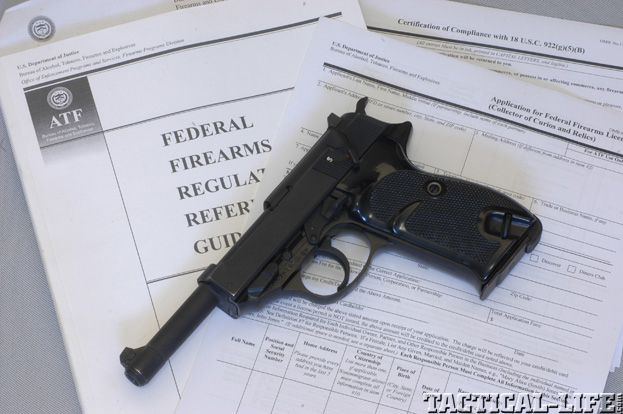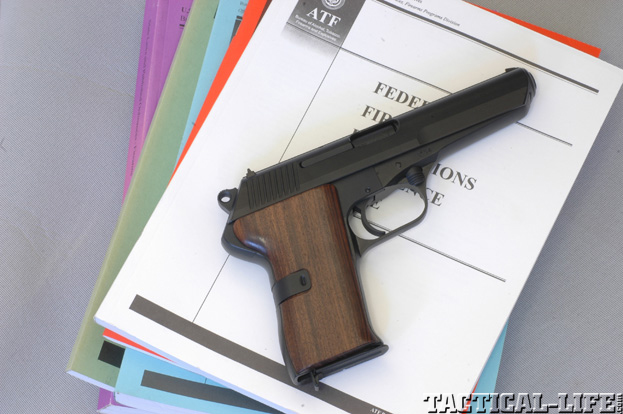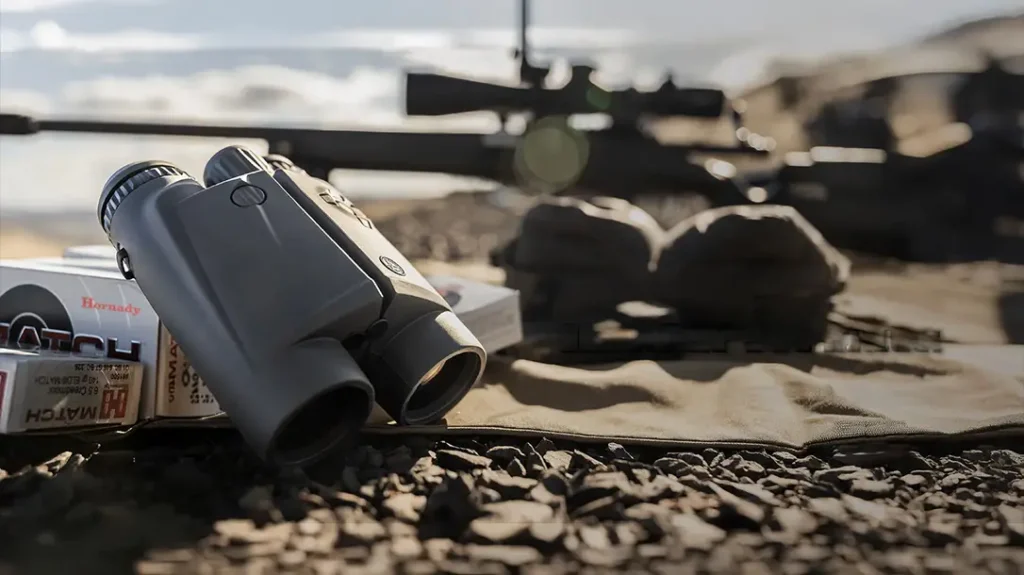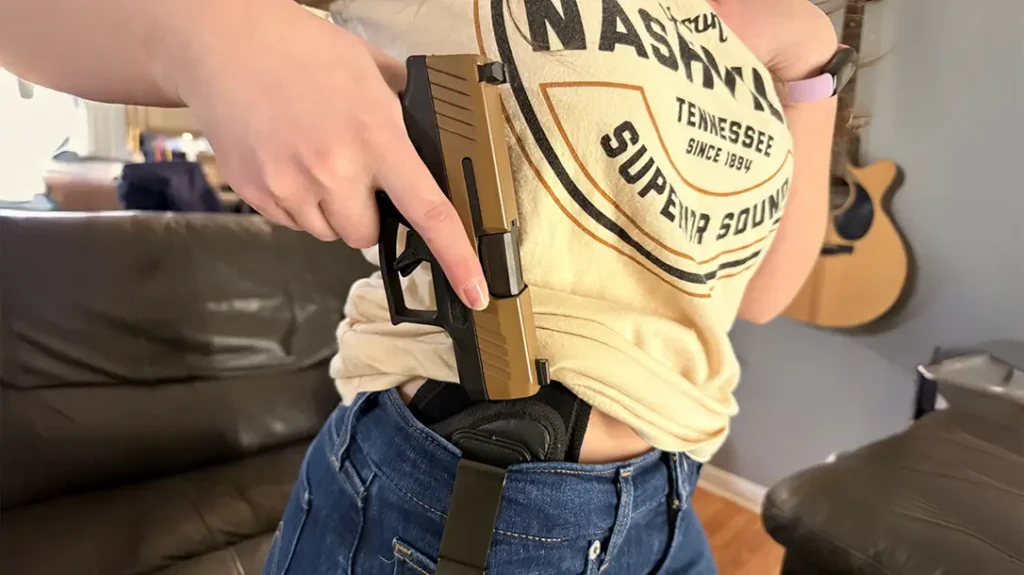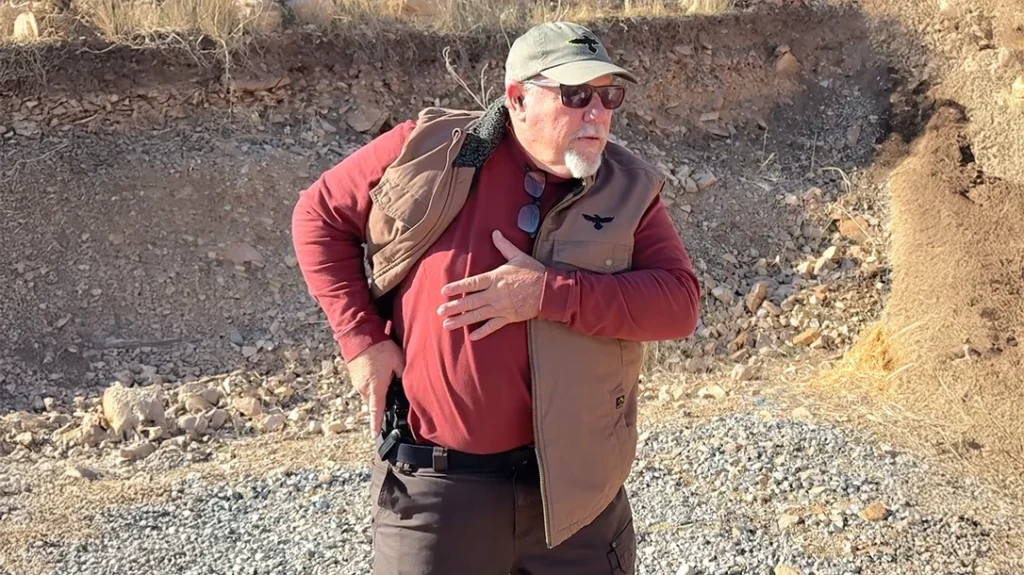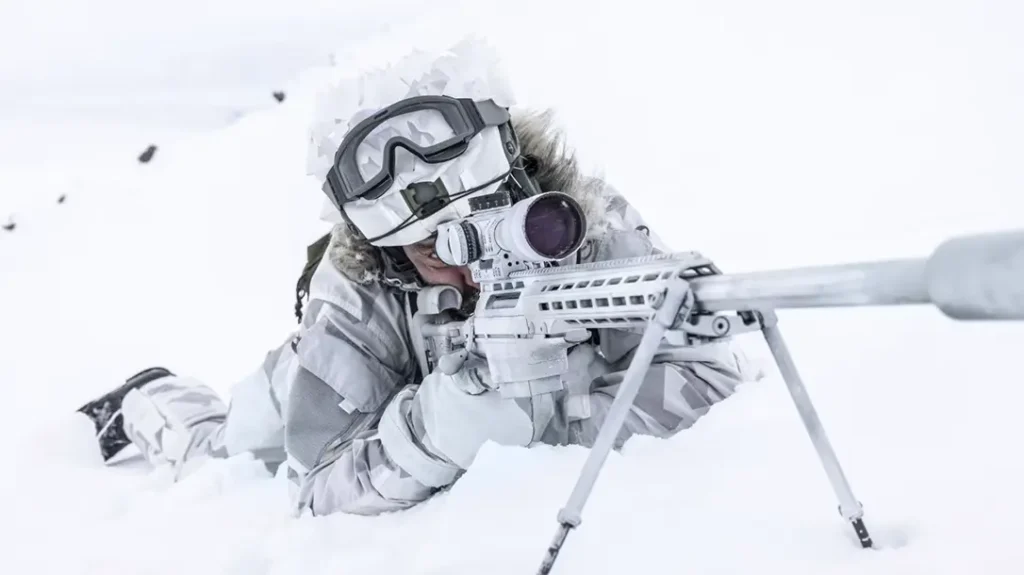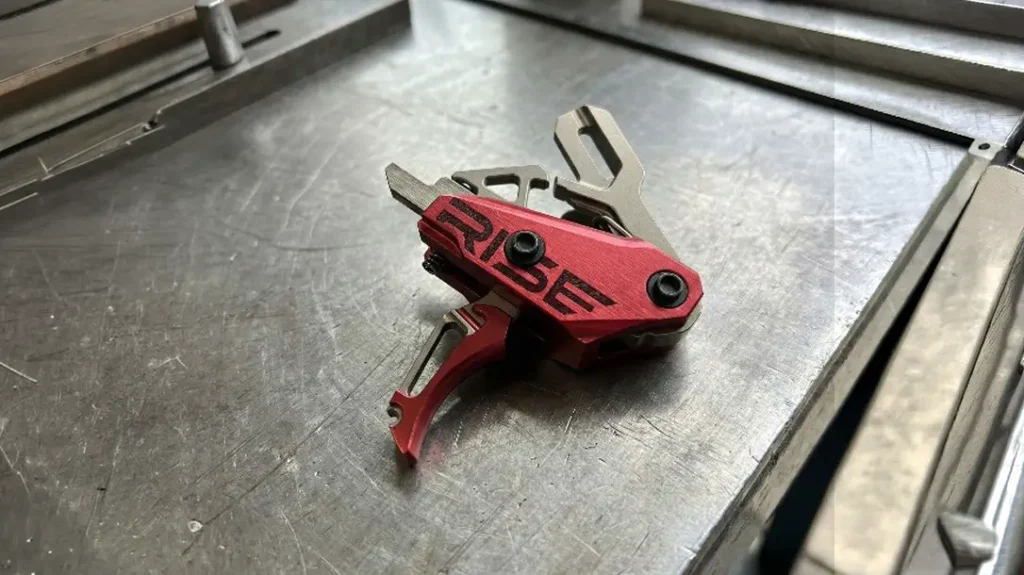For those firearms aficionados who enjoy the charms of classic military-pattern firearms, the cost of transferring and acquiring these often affordably priced arms can be daunting. Not only can finding a dealer willing to do firearm transfers be time consuming—the guns don’t sell themselves, although that’s changing in the world of digital commerce—dealers may charge a significant transfer fee. Thought about getting your own Federal Firearms License (FFL)? If you don’t engage in the sale of firearms as a business, having your own FFL isn’t practical. But there is an alternative: the Curio & Relic License, also known as a C&R license, which allows you to deal in the interstate commerce of a select category of historical firearms.
The BATFE (who is both in charge of C&R license licensing and maintains a frequently updated list of specific firearms) loosely defines curio & relic firearms as those that take their financial value from collector interest rather than from their functional capabilities. Generally speaking, these weapons are over 50 years old—modern copies of older designs are excluded. Thus, while the ATF’s list includes some surprisingly current firearms, all C&R license-eligible guns were built within a certain timeframe. In short, a model of firearm does not qualify as a curio & relic, only guns built within a certain period or bearing serial numbers within a set range are. Said guns must also be in their original condition. While, say, a Mauser rifle restored to its as-issued condition would count, one modified beyond that, such as by being “sporterized,” wouldn’t, as it would not have the same collector value as an “unmolested” example. In short, the C&R license license is a great way for a collector to affordably and legally acquire collectible military-surplus firearms.
The C&R license License
Following is a general overview based on published information from the BATFE. (This is not legal advice. If you have any questions, contact a licensed attorney who specializes in this subject matter.) The C&R license license’s terms make very clear that the license is intended for collectors only and strictly covers those firearms that are defined by the BATFE as curios & relics. If you want to buy that new Glock with your C&R license license, you’re out of luck—it is not a license to deal in firearms. Also known as a license for collectors of curios & relics (the license application has the word “Collector” in its title), the C&R license license is primarily intended to enable collectors to purchase the firearms via interstate commerce.
Advertisement — Continue Reading Below
But while a holder of a C&R license license may obtain firearms in any other state (subject, of course, to that state’s laws, which are not bypassed by having a C&R license license), they can only sell a firearm across state lines to someone who is also licensed. You can sell or otherwise transfer a Curio & Relic firearm to someone without a license in your same state, but you cannot do so as a business. If you’re doing it to make money as opposed to enhancing your collection, you need a full-blown FFL.
Be warned that you’re still required to ensure that any person you transfer a firearm to doesn’t fall into one of the prohibited-persons categories, such as those under restraining orders, convicted felons or anyone adjudicated as mentally defective. It is difficult to readily determine whether a buyer falls under any of these categories. Your safest course of action is to not sell to someone if you cannot fully verify their eligibility to purchase firearms. Otherwise, you are on the hook for it and may lose your license. Depending on what you knew or should have known, you may also be subject to criminal prosecution by the state or federal government, each of whom can prosecute you separately for the same offense—the double jeopardy bar does not apply. If that sounds unduly harsh, remember that you’re choosing to subject yourself to the federal licensing process, and you have to follow the rules. In a post-9/11 world, firearms laws are not taken lightly.
C&R license Application
Once all of the above has been covered, either contact your local BATFE office or go to their website (atf.gov) and download the C&R license application. Many of the questions on the application are similar to those on the 4473 form that you usually fill out when making a routine firearm purchase, but with a couple significant additions. You’re required to notify the chief law enforcement officer in your area that you’re applying for the license, and you must also certify that you’ll be in compliance with state and local law if you receive it. This includes zoning ordinances, so if you don’t know what your zoning is or if holding any sort of firearms license is a permissible use under local law, you’ll need to find that out. (As with anything else, consult an attorney when necessary.) You’re required to certify that your answers on the application are true and correct—knowingly making a false statement is a crime.
Advertisement — Continue Reading Below
BATFE guidelines suggest that the application will be either approved or denied within 60 days of receipt of the application and its associated fee ($30 payable by check or money order). Once you have the license, which is good for three years, similar rules apply to those who hold the full FFL. Your books and inventory are subject to an annual inspection, which you can choose to have conducted at the local BATFE office, and you are required to comply with BATFE trace requests. If there’s evidence you’re in violation of the law, your premises can be searched with a warrant. But this is true everywhere and for everybody: Anytime there’s probable cause that any type of crime has been committed, a magistrate can issue a warrant authorizing a search of you or your property.
You are also required to report the theft or loss of any firearms in your inventory, even if they have been transferred from your collection to your personal inventory. While a separate license is usually required for each business premises, since a C&R license license holder isn’t conducting business, you’re allowed to have a separate warehouse for storage of firearms and ammunition, without getting a separate license for that location.
Other rules and regulations may apply, but these are the general guidelines. A useful FAQ is located on the BATFE website, and BATFE publication 5300.11 (also available in PDF form) contains both the licensing requirements and the list of curio & relic guns through 2007. Additional updates are available on their website.
Advertisement — Continue Reading Below
